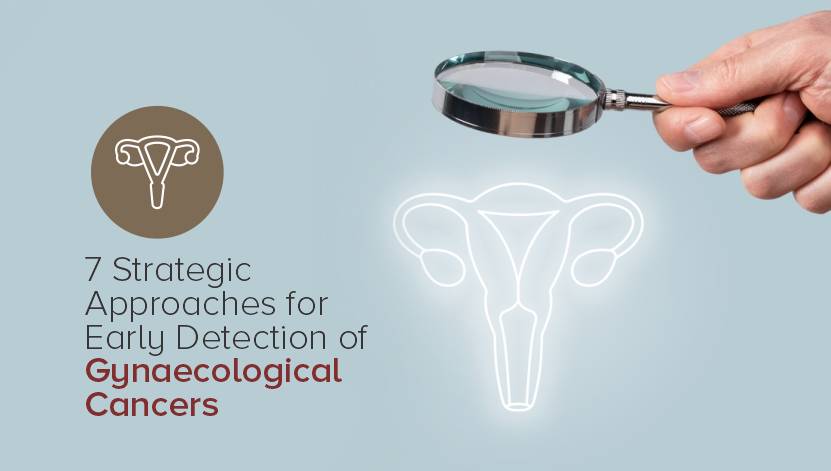Gynaecological cancers present a significant health concern for women in India, emphasizing the need for prevention and early detection in the healthcare community. These cancers encompass various types, including those affecting the uterus, cervix, ovaries, vulva, and vagina. At the American Oncology Institute in Hyderabad, we are dedicated to delivering optimal care and treatment to women combatting gynaecological cancers. Here, we present seven essential early detection strategies to help women identify symptoms at an early stage.
